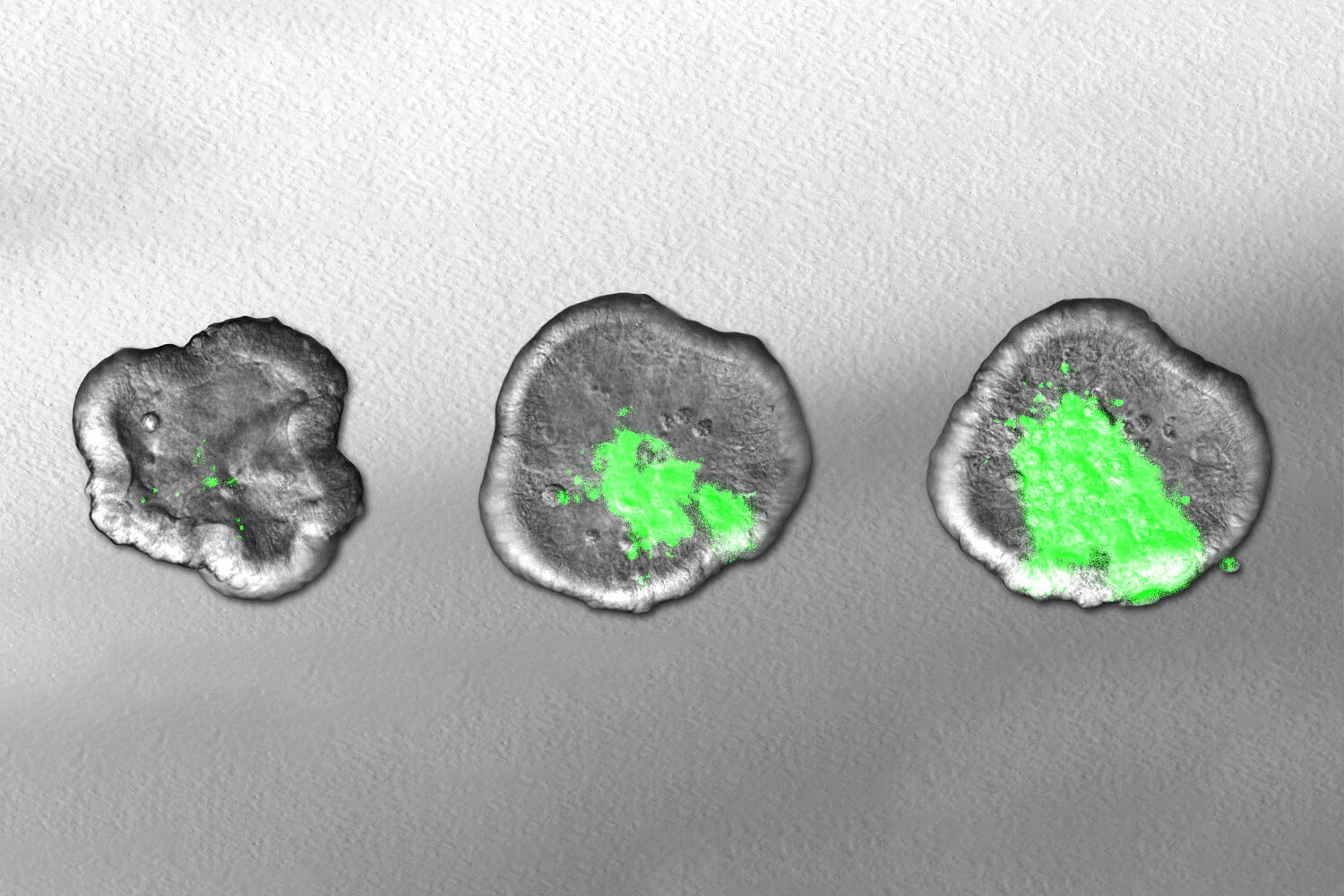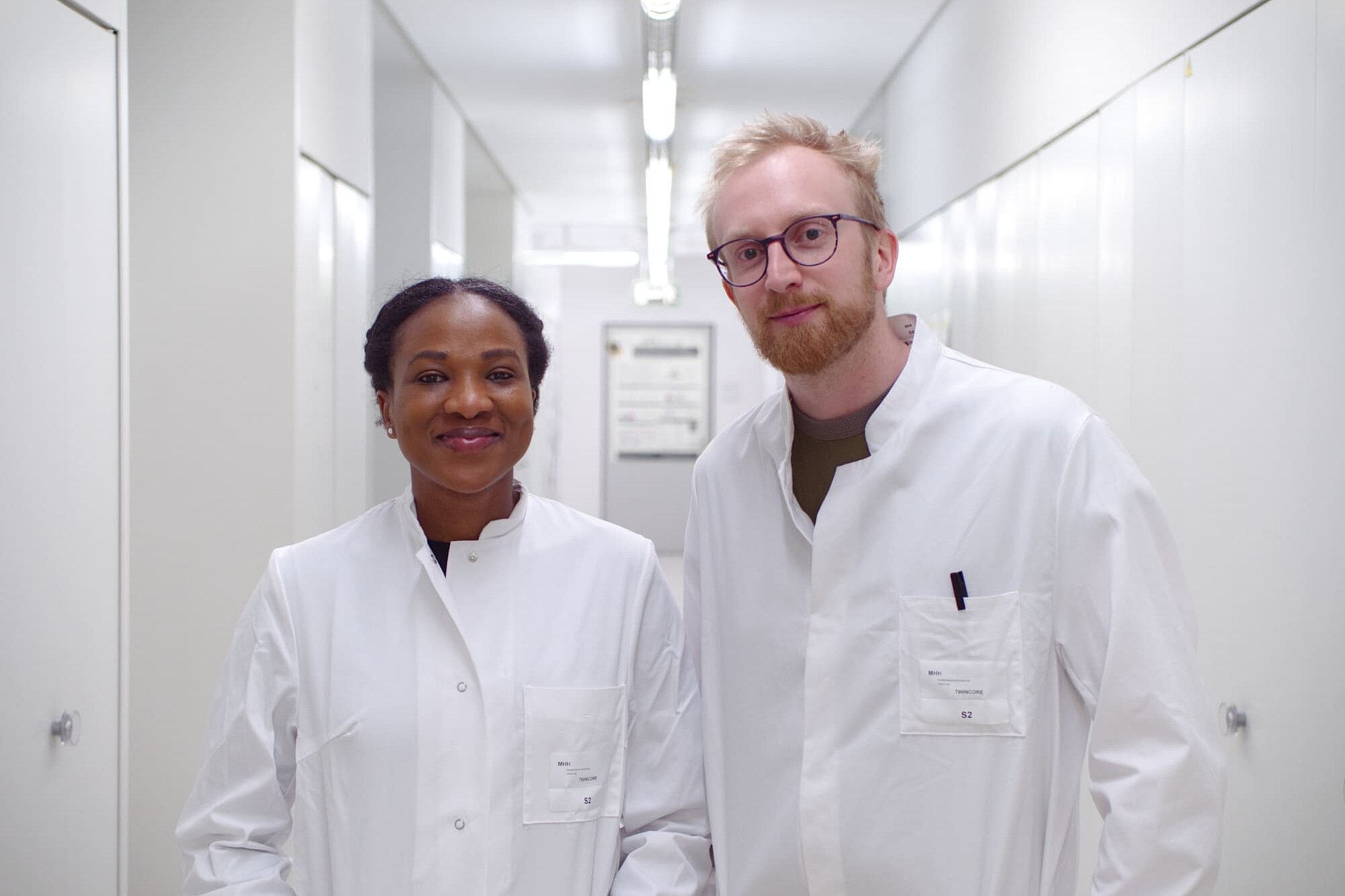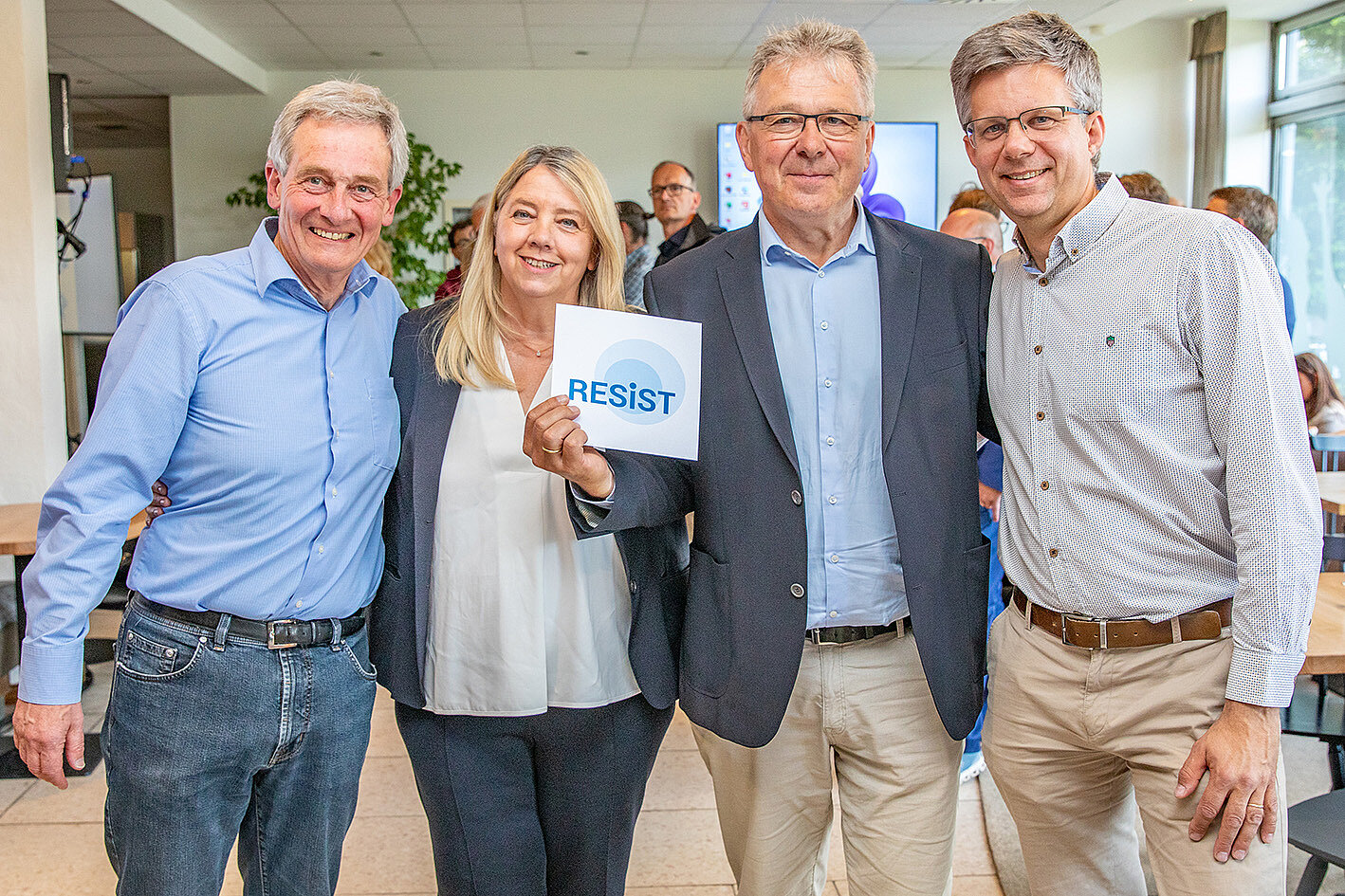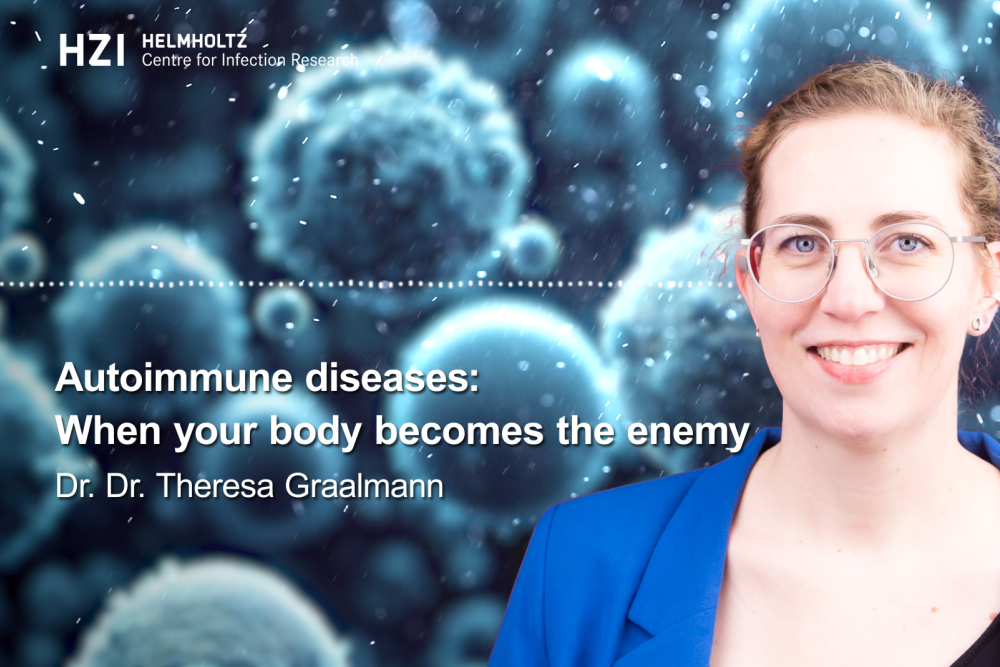Newsroom





HZI in the media
20.02.2026
|
Deutsches Ärzteblatt
18.02.2026
|
Bionity.COM
16.02.2026
|
Phys.org
13.02.2026
|
Apotheken Umschau
12.02.2026
|
Main-Post - Karlstadt
12.02.2026
|
Medical Xpress
12.02.2026
|
n-tv
11.02.2026
|
NewsBreak
10.02.2026
|
Biotech Investments
10.02.2026
|
Health Capital
06.02.2026
|
juraforum.de
05.02.2026
|
Redaktionsnetzwerk Deutschland

